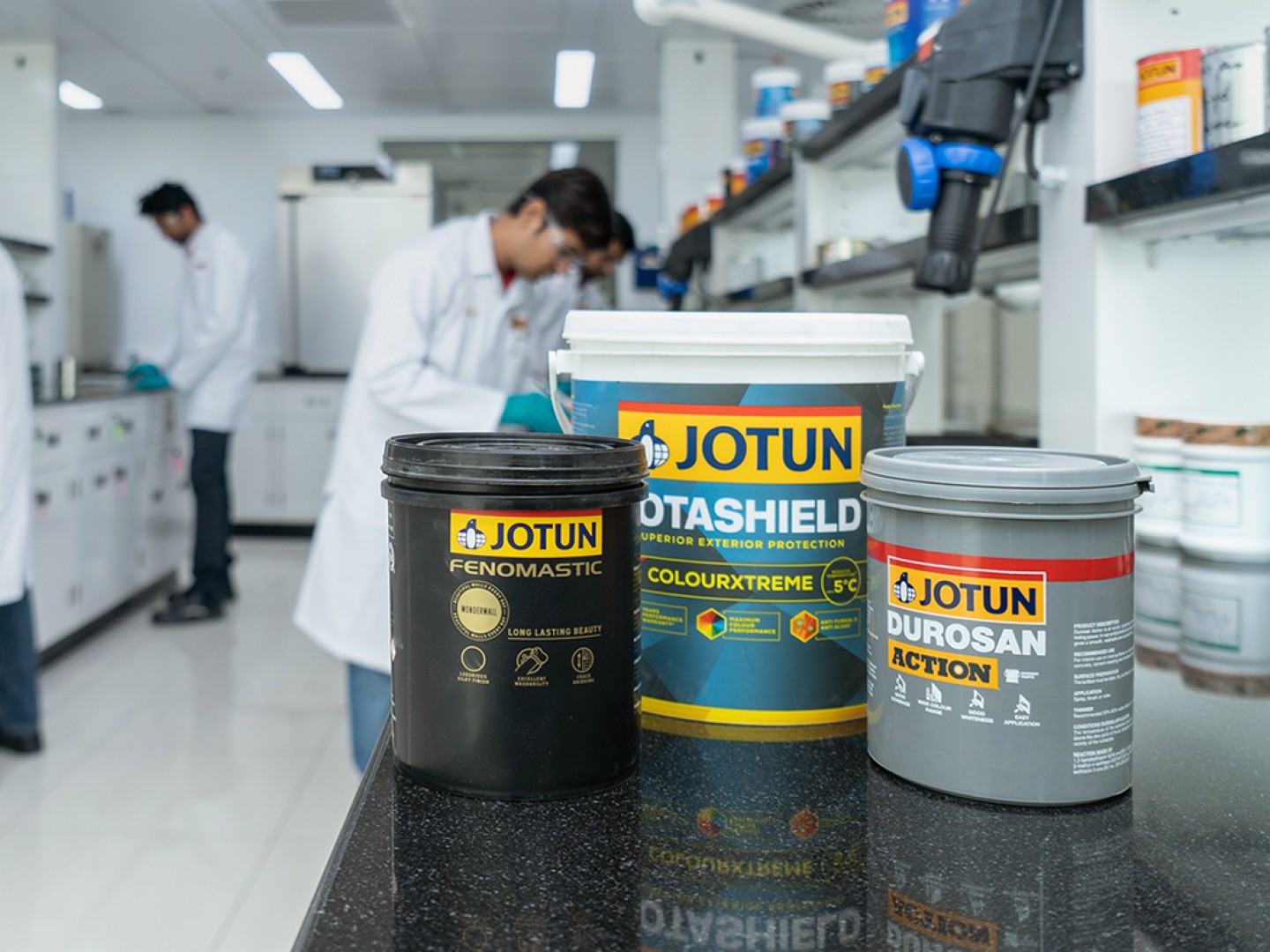With its unique design, the company targets a global market, and now has customers in over 40 countries.
Protects in international markets
Gungnir has been granted a patent in Norway, the USA, Canada, Russia, China, Hong Kong, South Korea and Japan. They have applied in all markets where they see good commercial opportunities, for example in Europe through the EPO, and in markets where it is common to produce training equipment, for example India and China.
They have registered the GUNGNIR trademark in Norway, the EU, Great Britain, the USA and Australia.
– We have not experienced that anyone has violated our rights so far. However, we are prepared that this could happen, as in conversations with other industry players we have received indications that it is likely in the industry we are part of.
— The purpose of obtaining a patent in these markets and countries is twofold. First, we want commercial exclusive rights to the solution we have designed in key markets, but it is also important to prevent the potential production of copies in countries where this is likely, says managing director Kristian Kjelstad.
The company has received assistance from patent advisors for the work with applications and following up of rights. In the past they have used the Swedish company Valea, and before that Leogriff, which is now Dehns. Today they use Bryn Aarflot to help them with this.
Public support schemes
Gungnir received support from the FORNY StudENT program of the Research Council in 2019. The funds went to patenting and developing the product. They emphasise that the support was extremely important for them to be able to preserve the momentum they had, including submitting a Norwegian patent application.

Advice for other businesses in the start-up phase
The founders are happy to share some tips for others who are at the starting line:
- Wait with development or trying to sell something until you have found out if there is a market and users for your idea.
- Make a thorough assessment of whether patent protection is right for your company, your strategy and your product. A patent is not always necessary to differentiate oneself in a market.
- Lay out a long-term and short-term direction. The long-term can be fluffy and ambitious, and then you work more short-term and concretely towards goals along the way.




